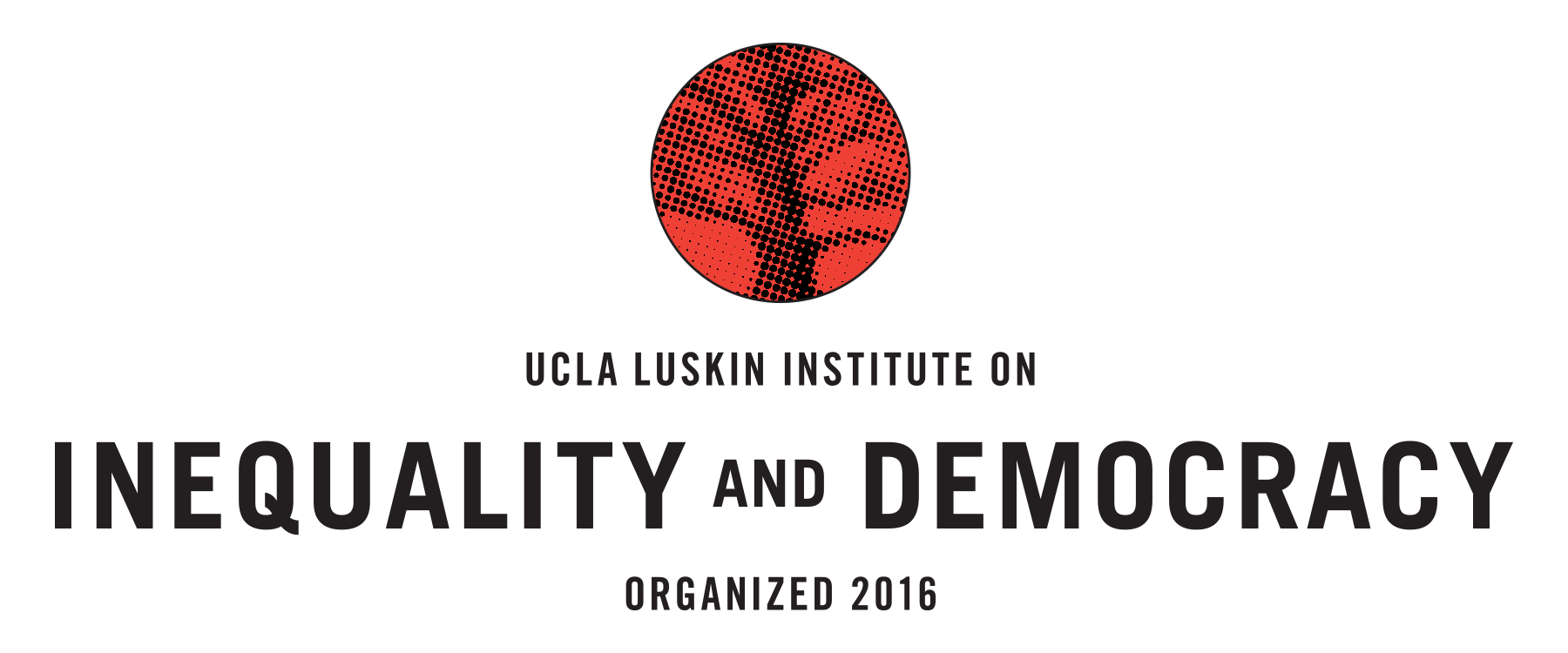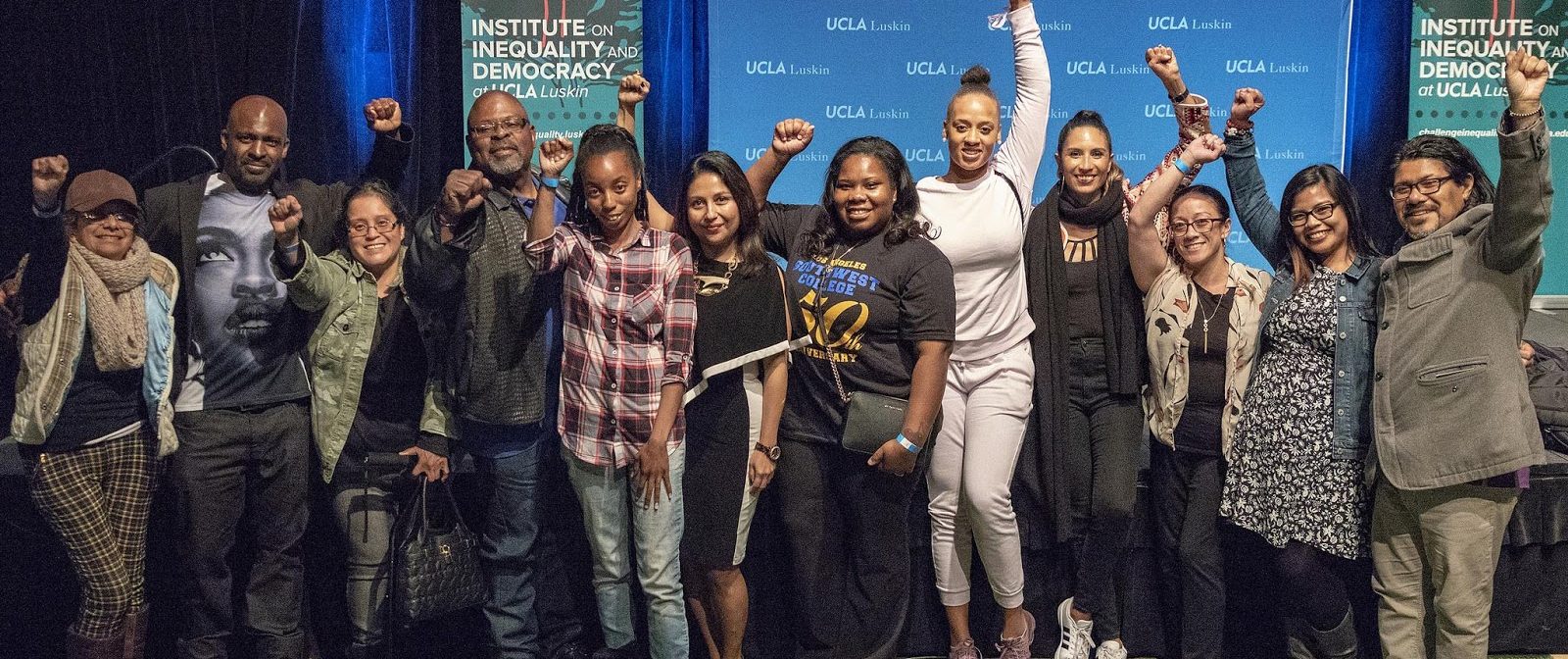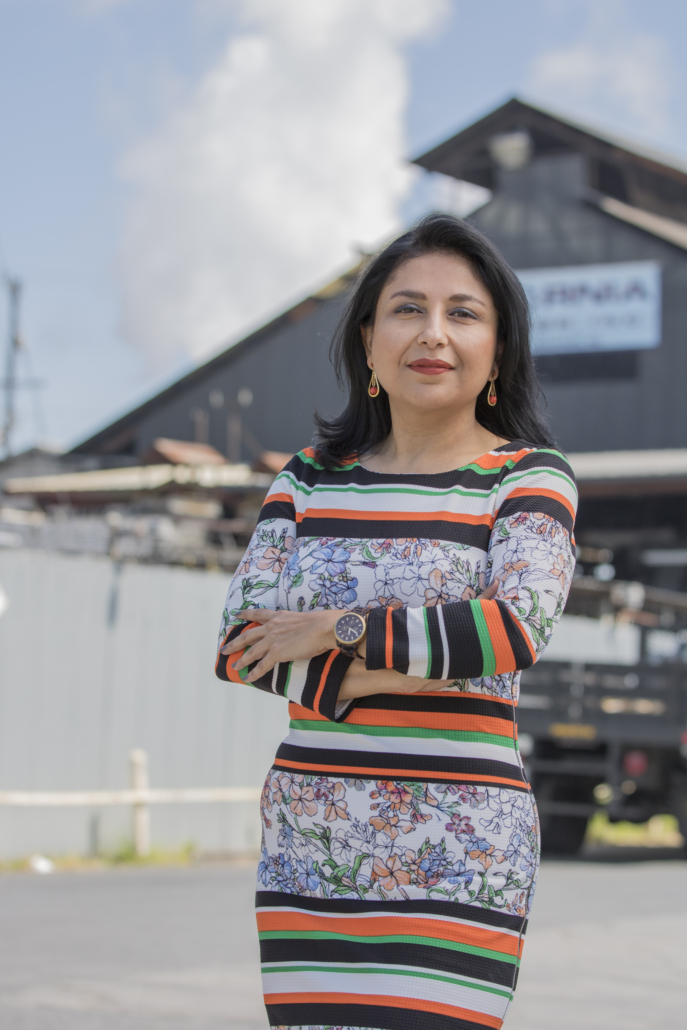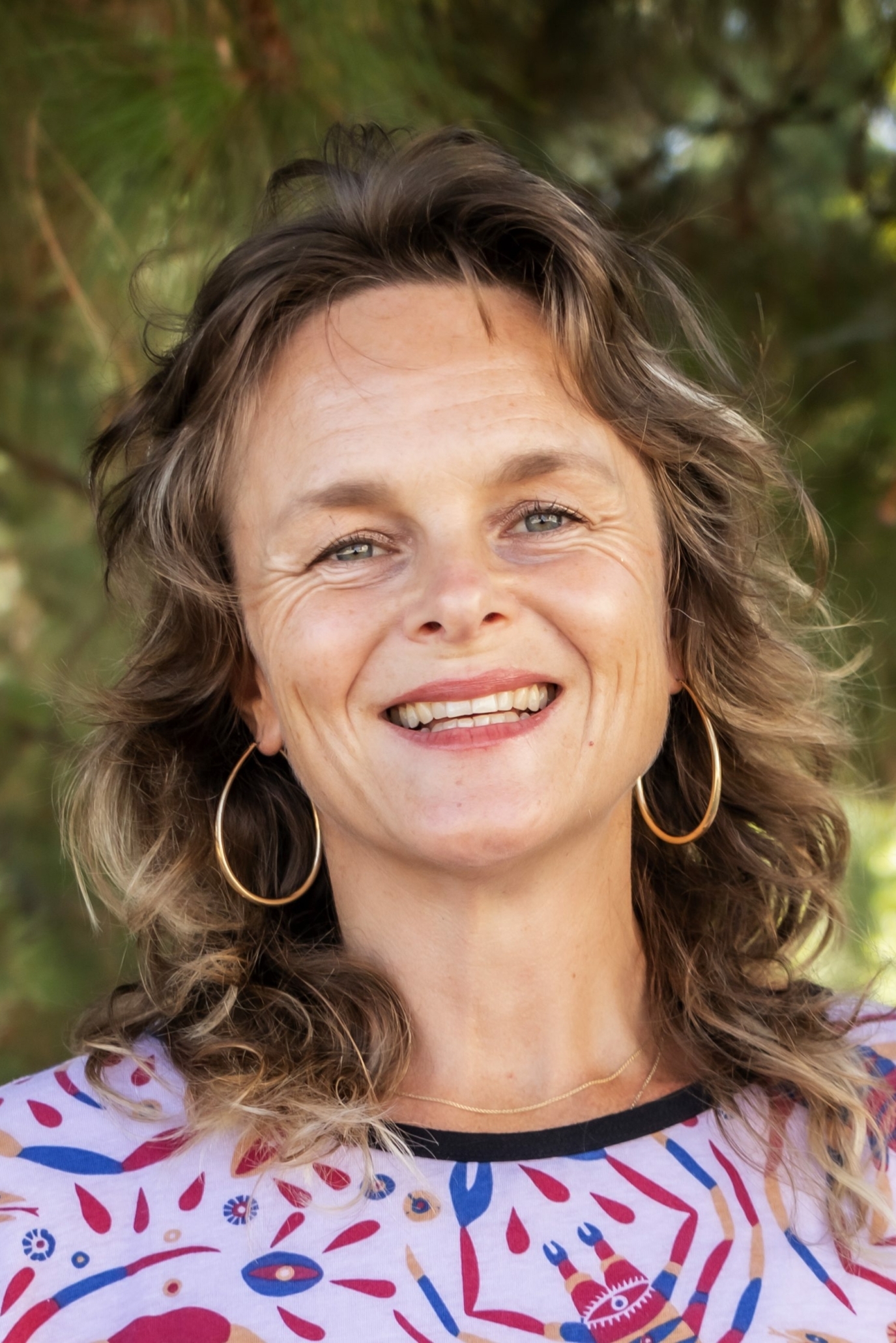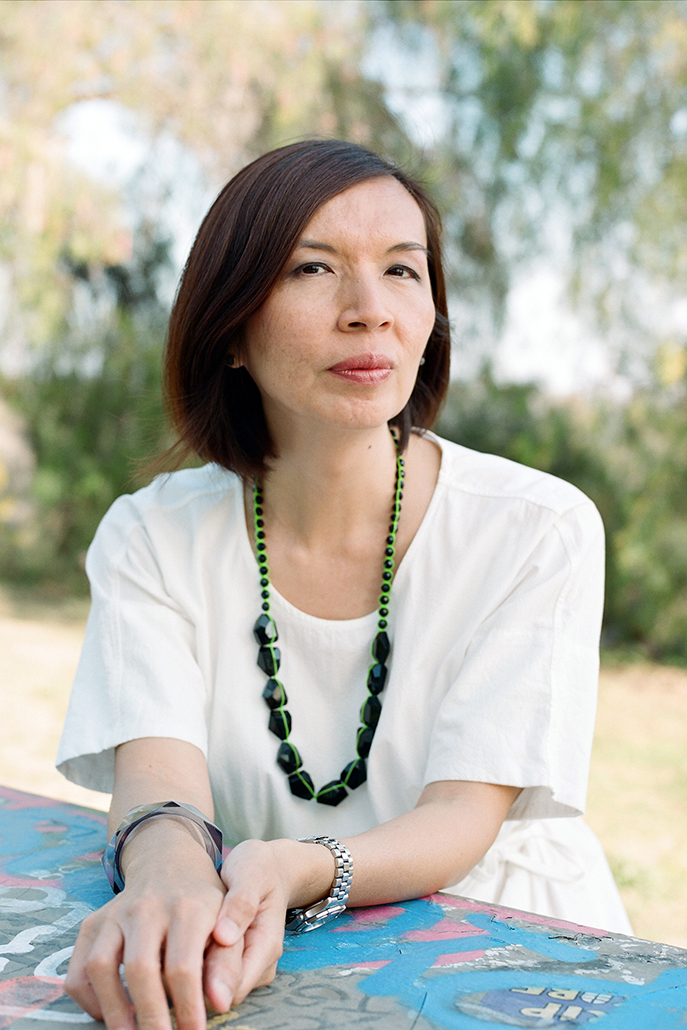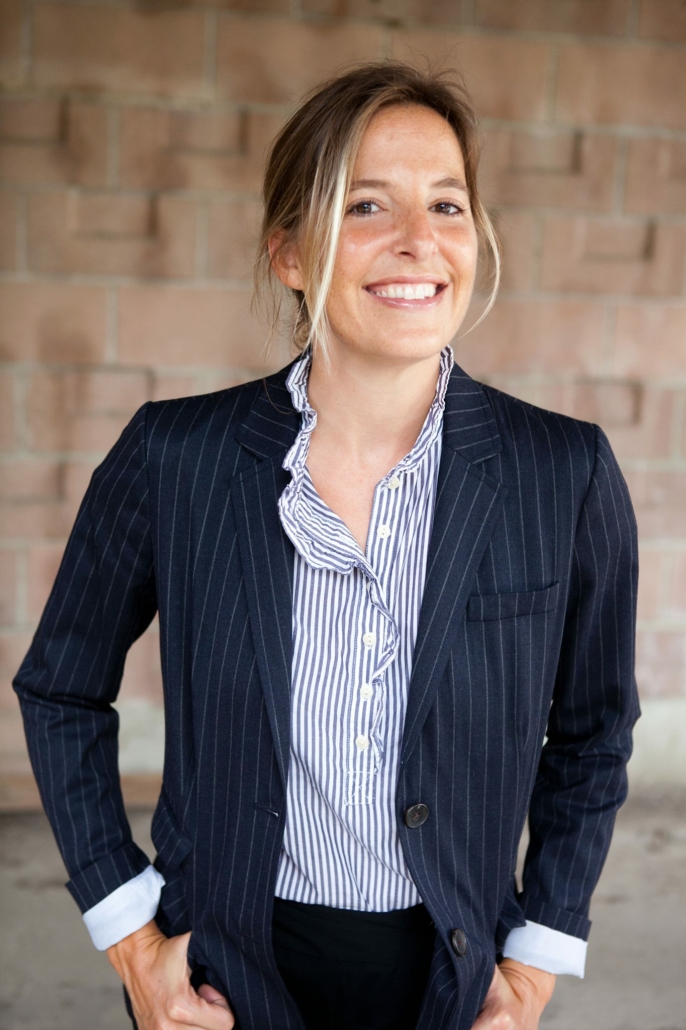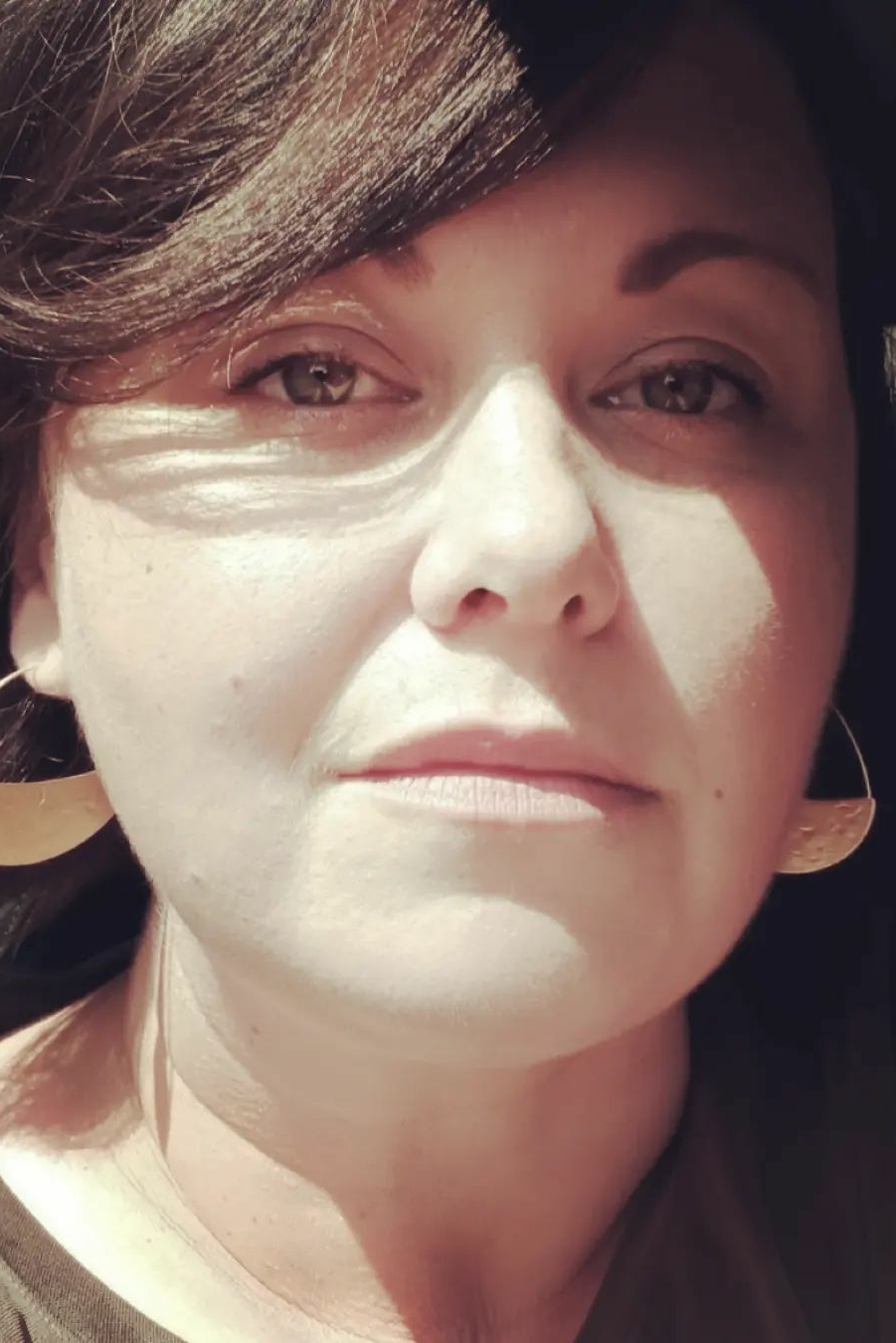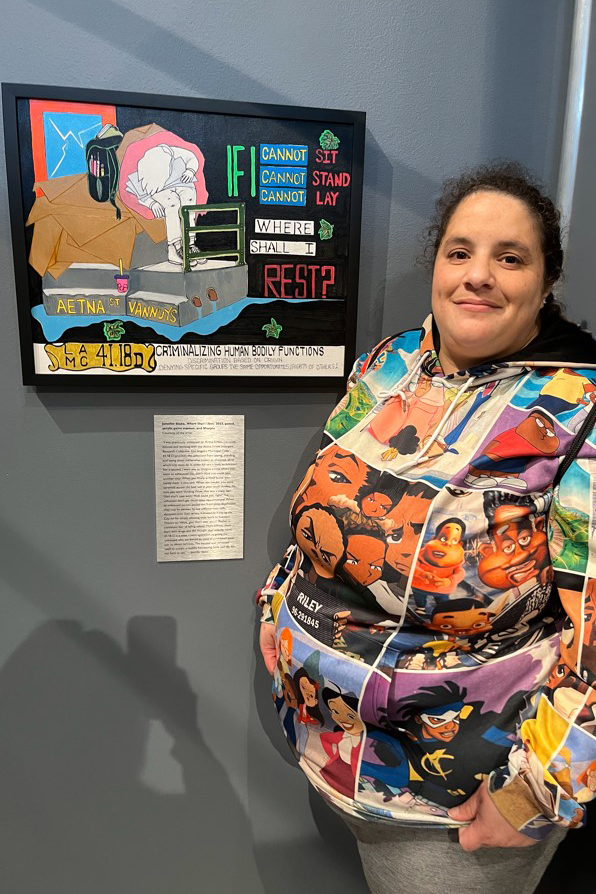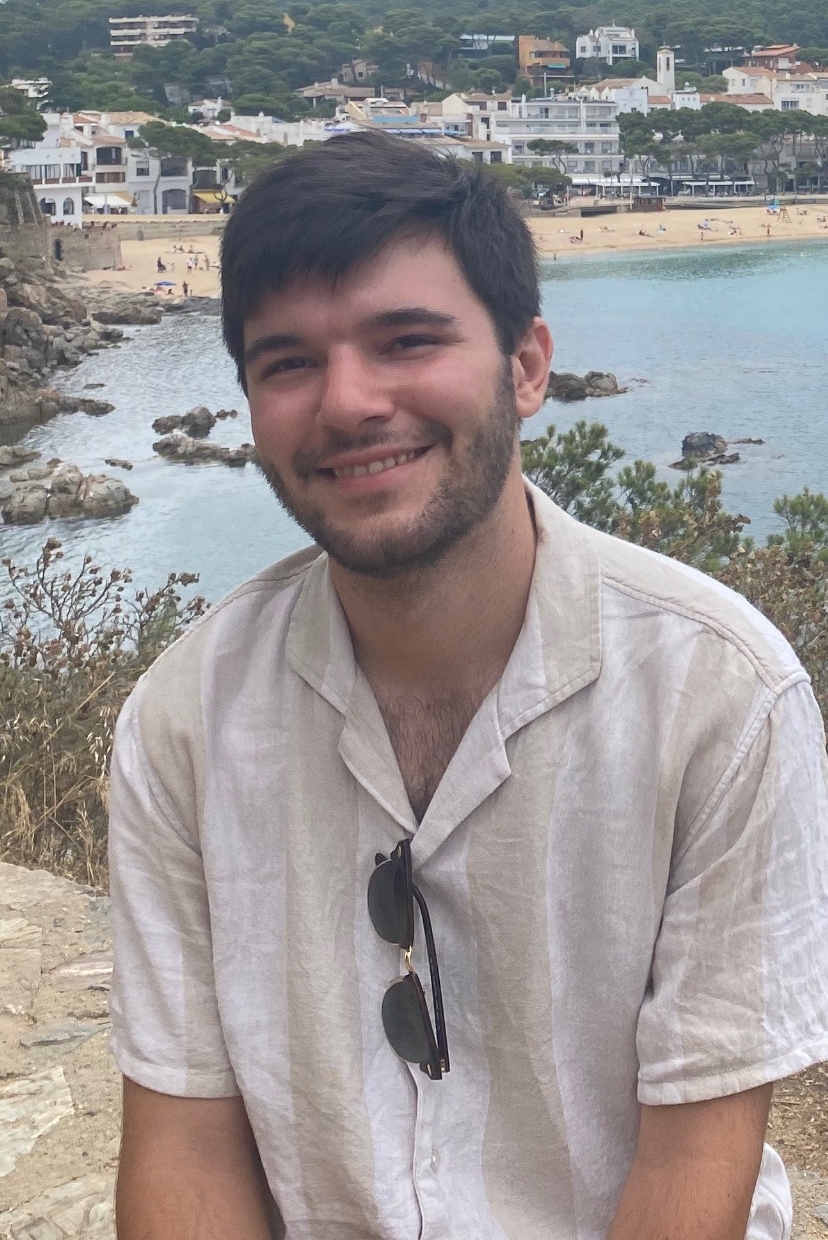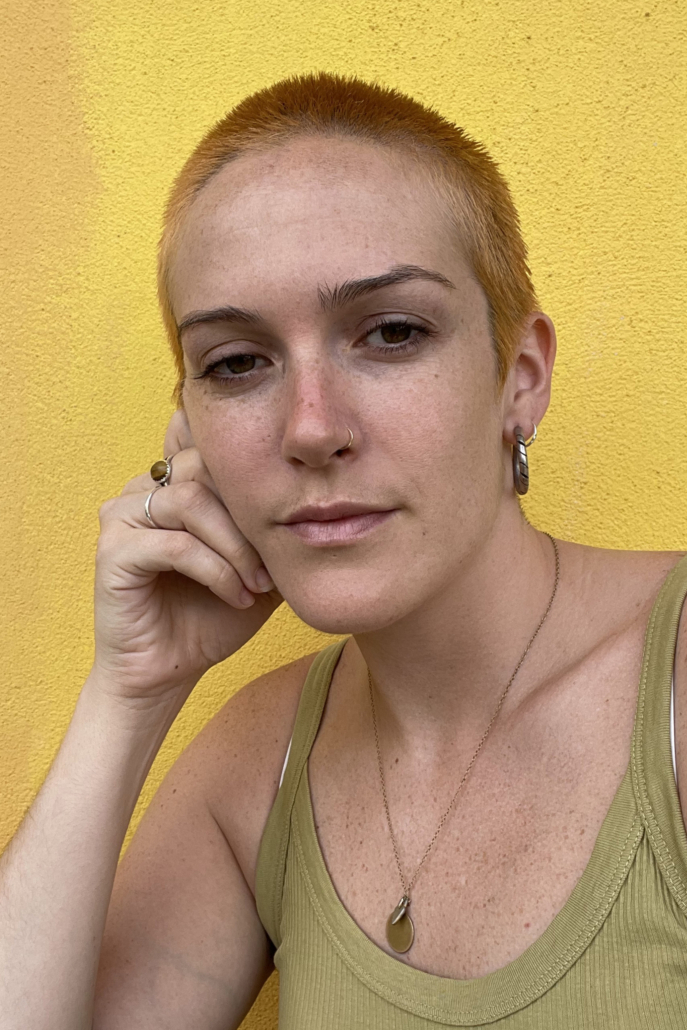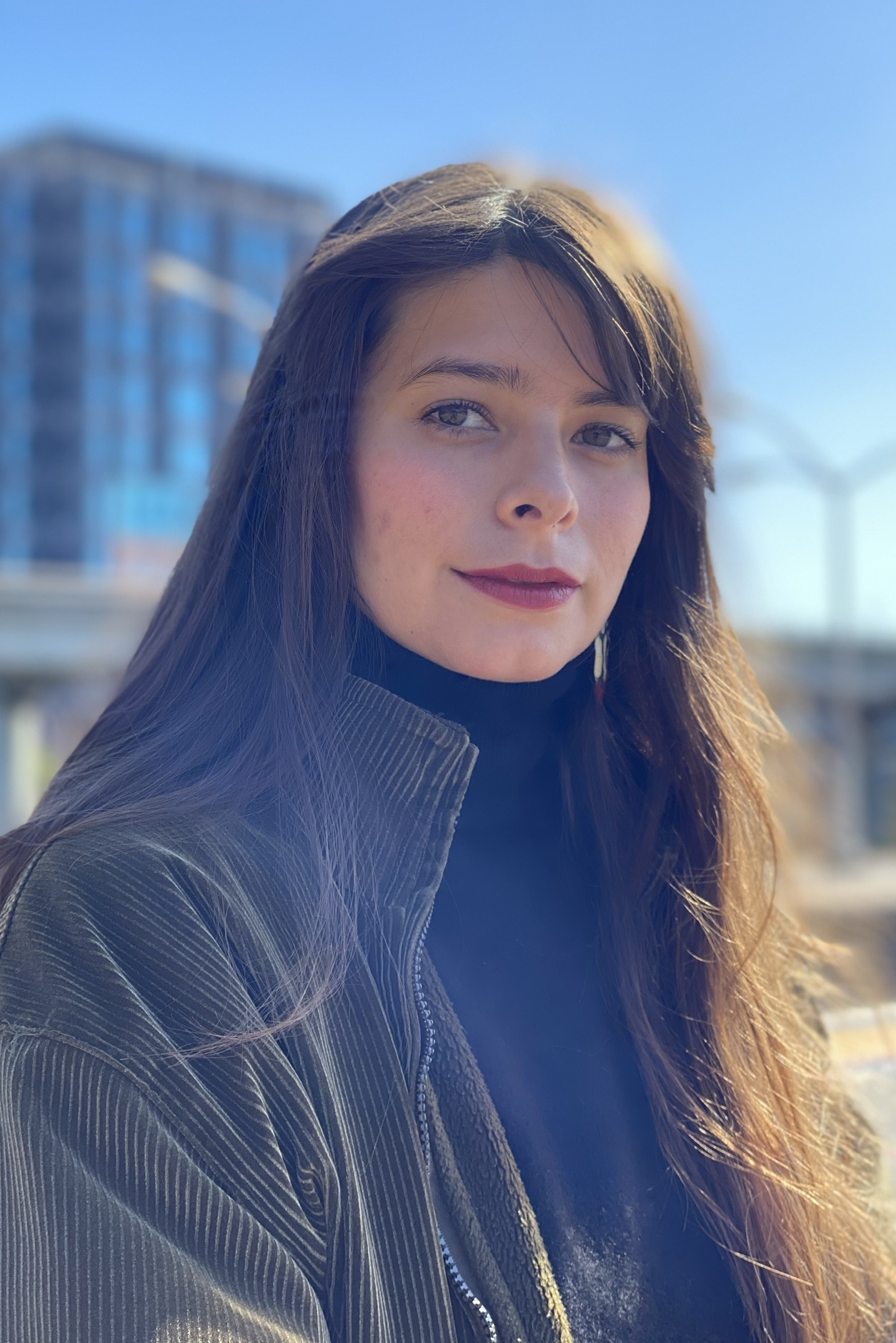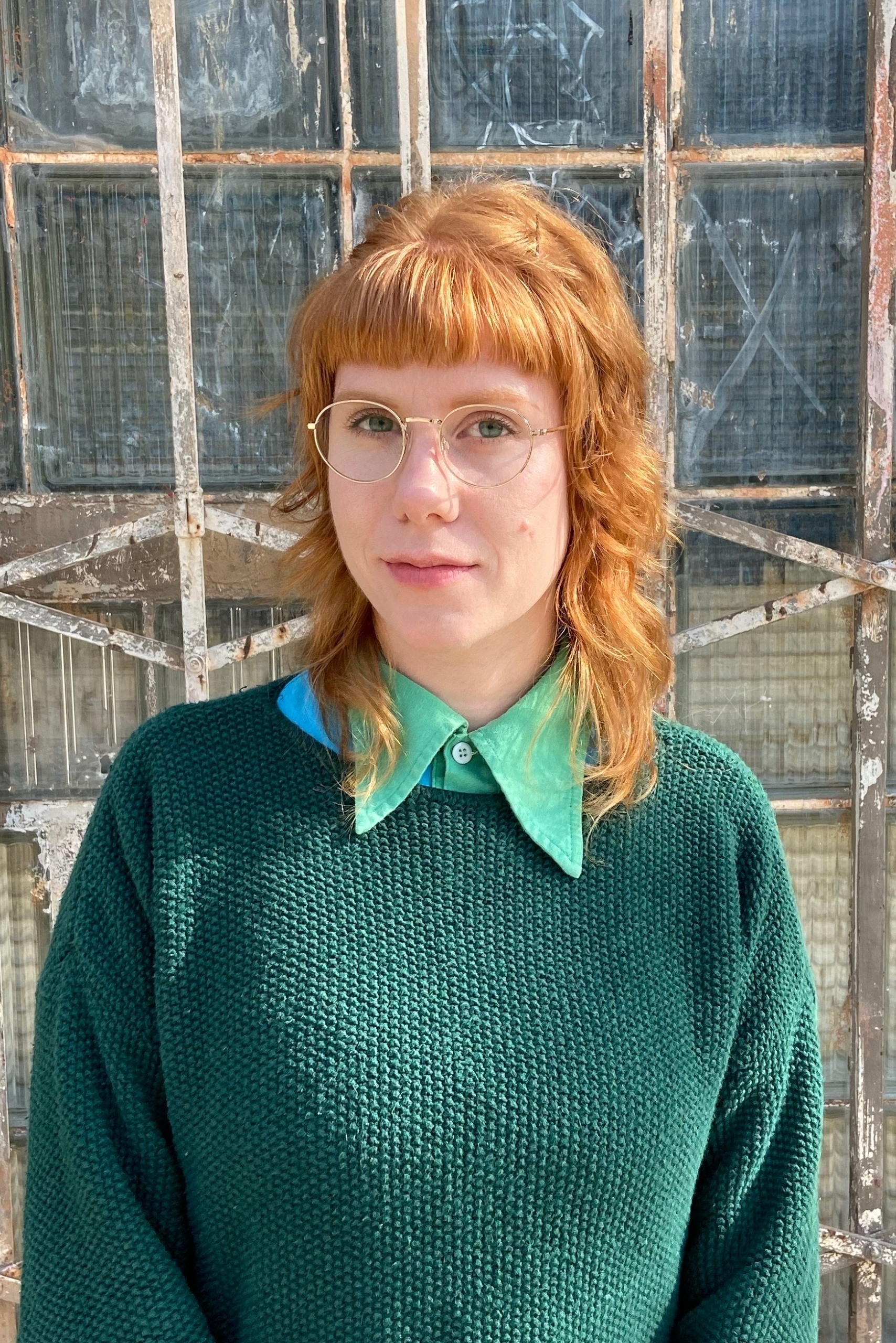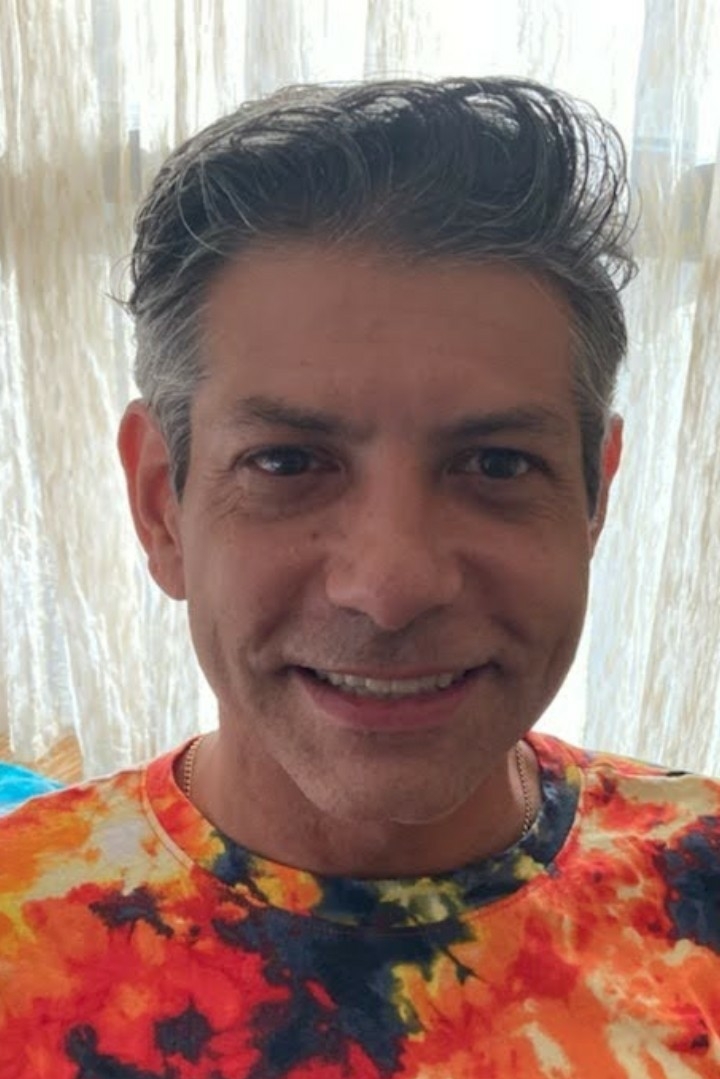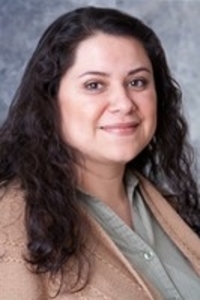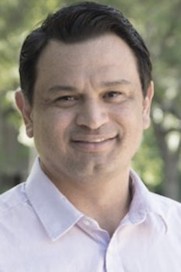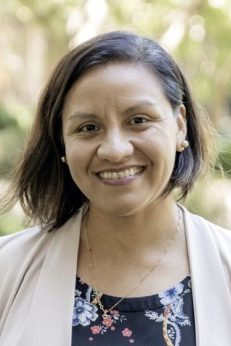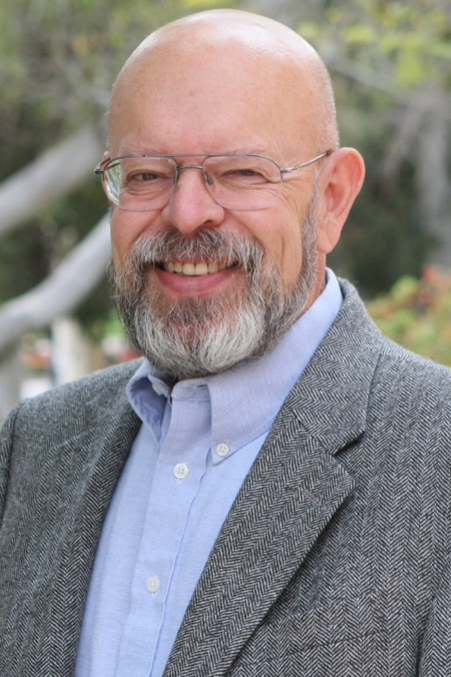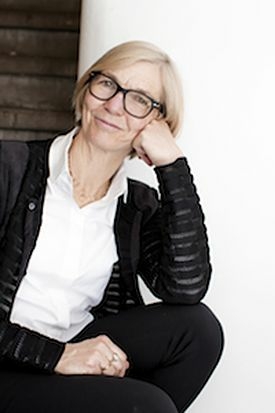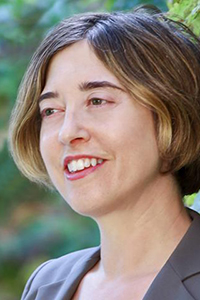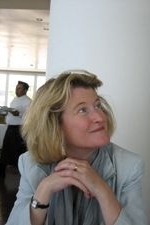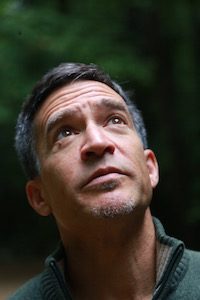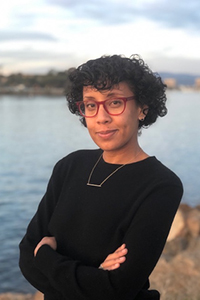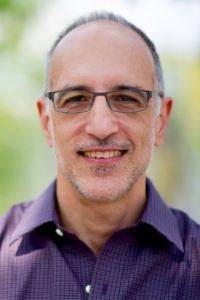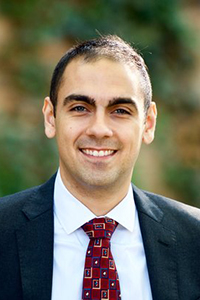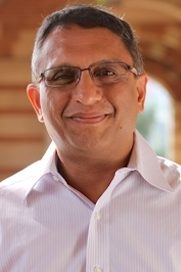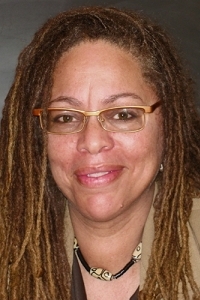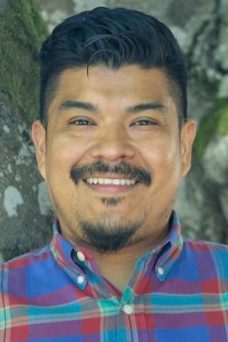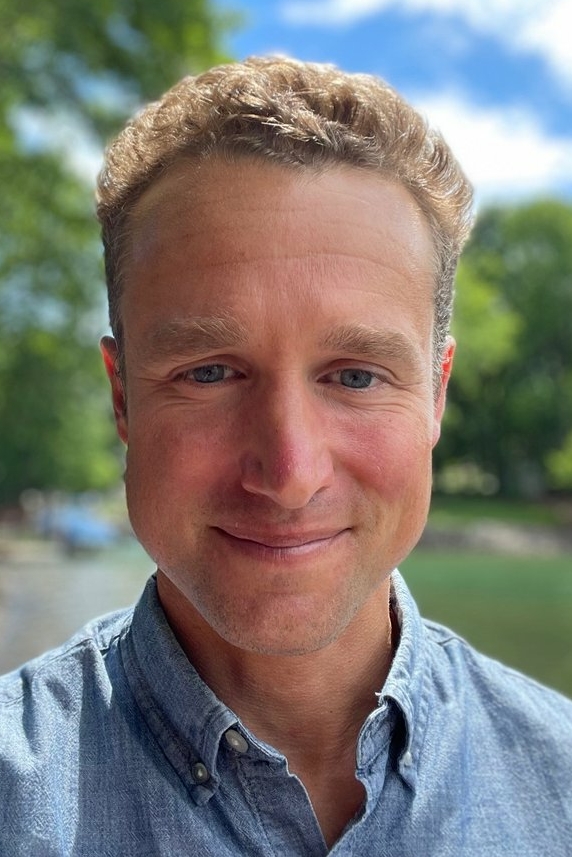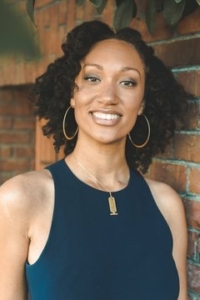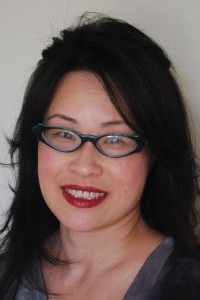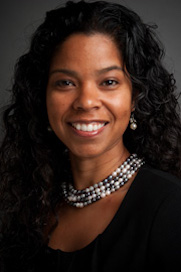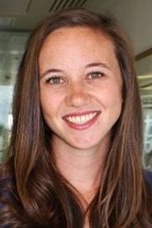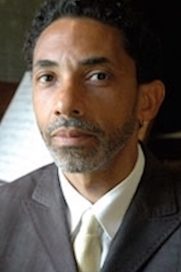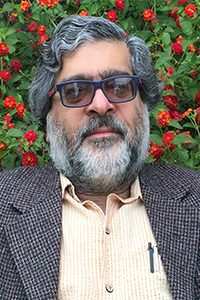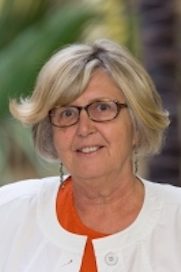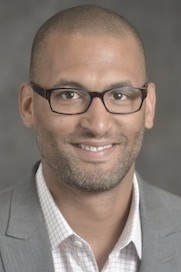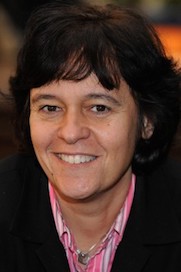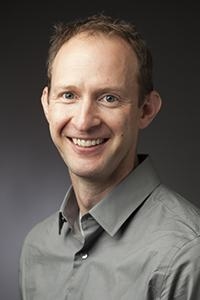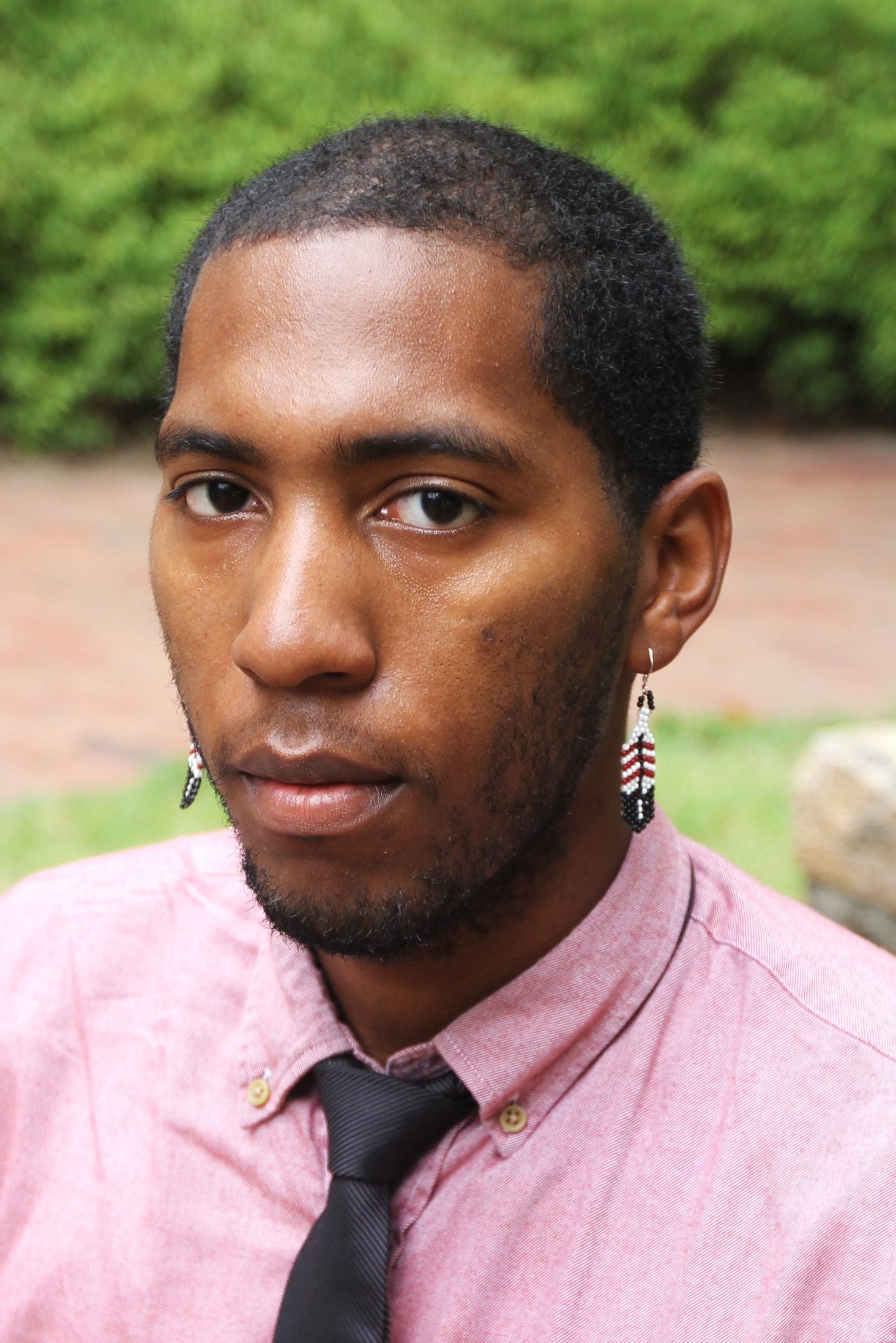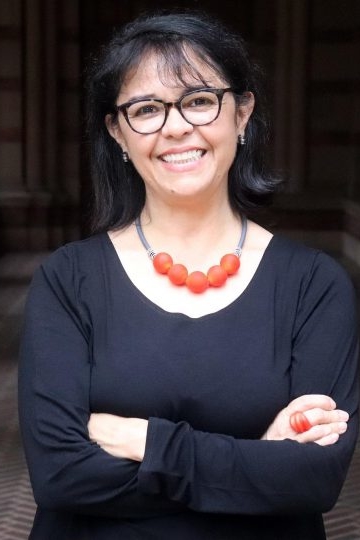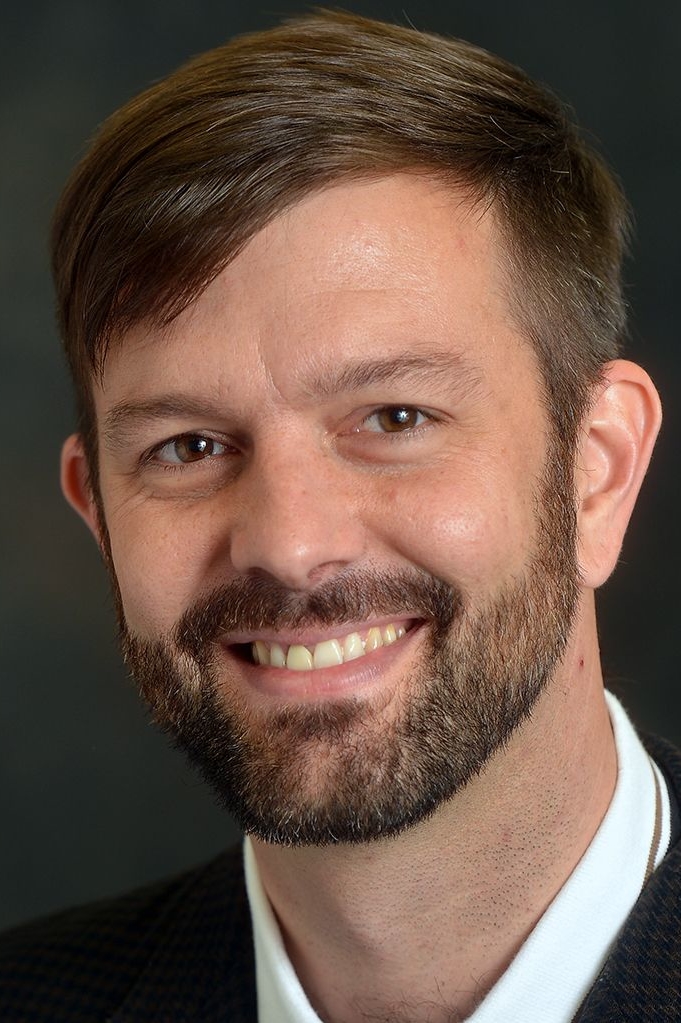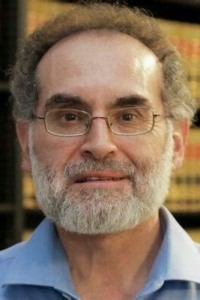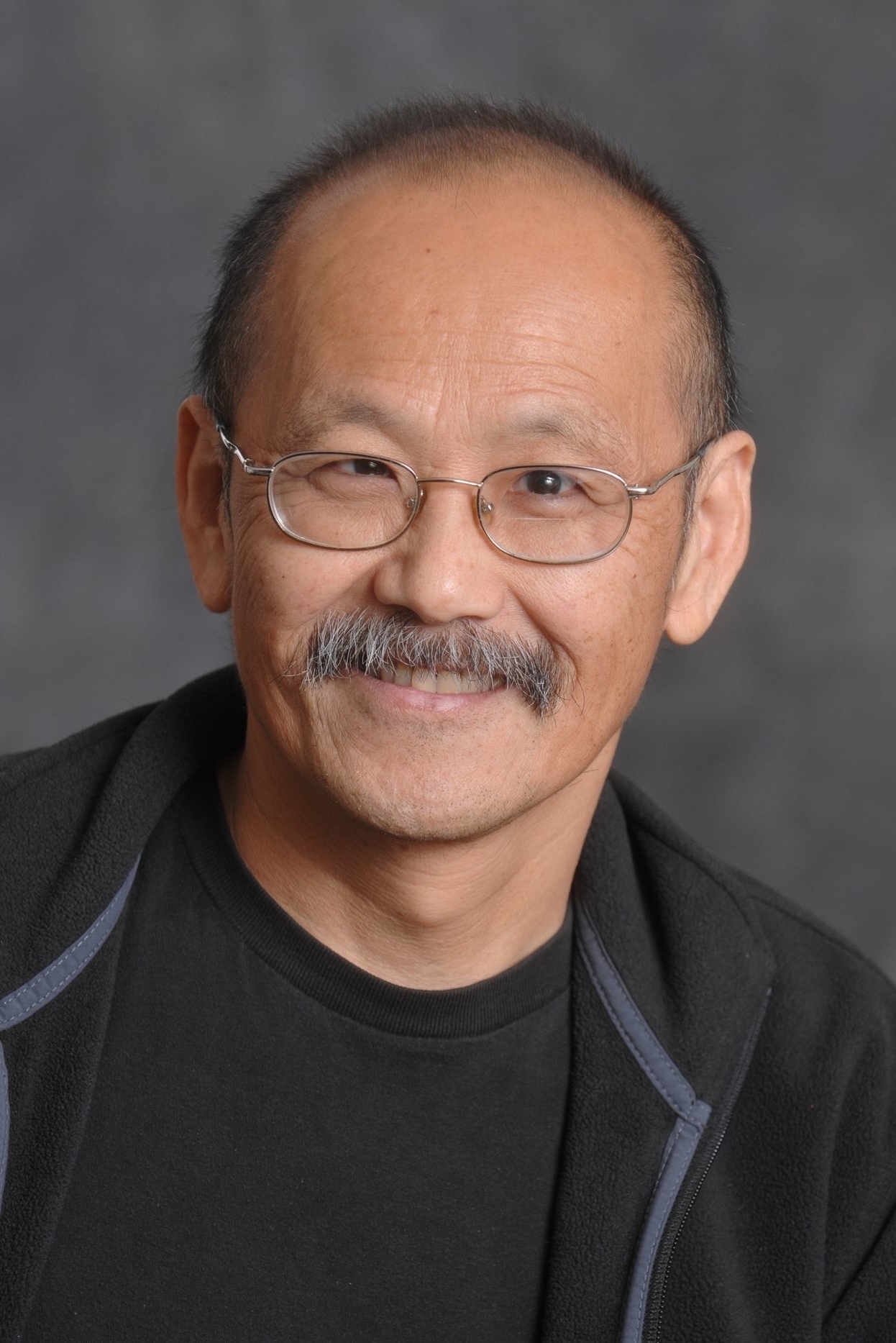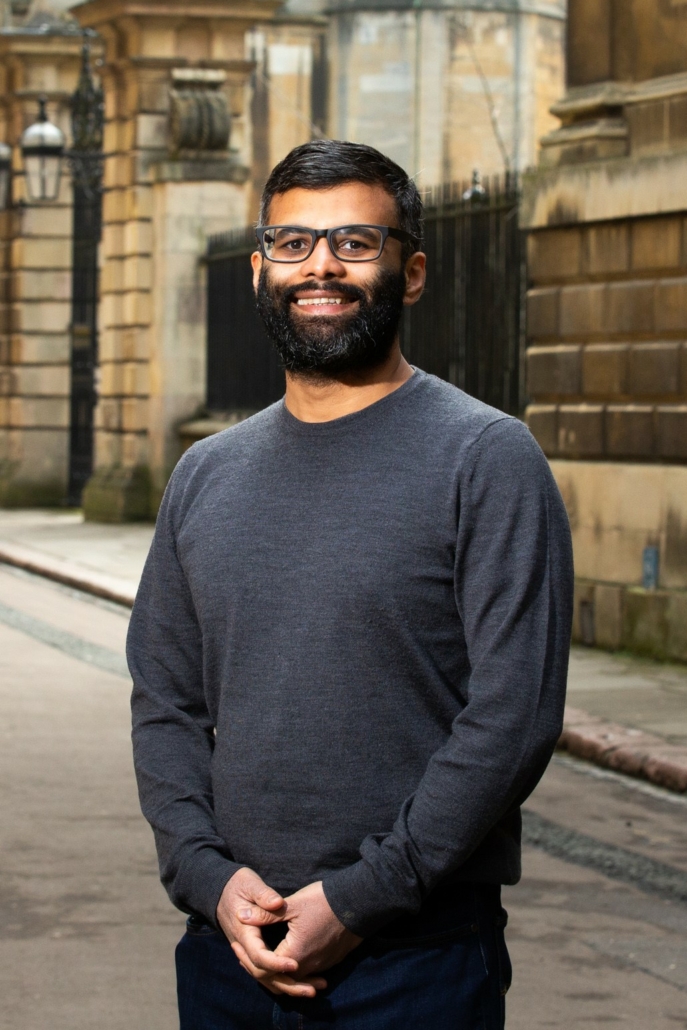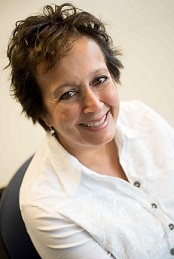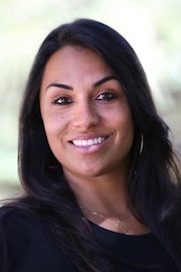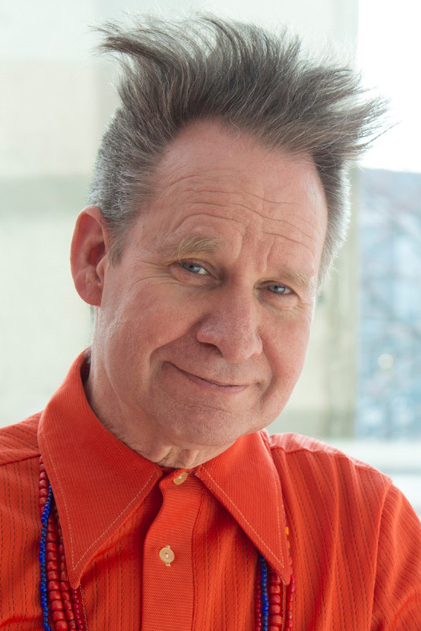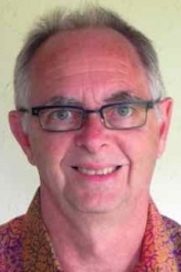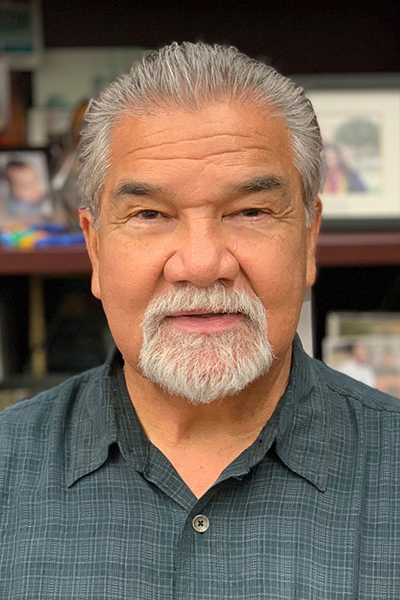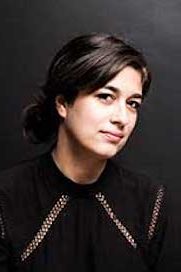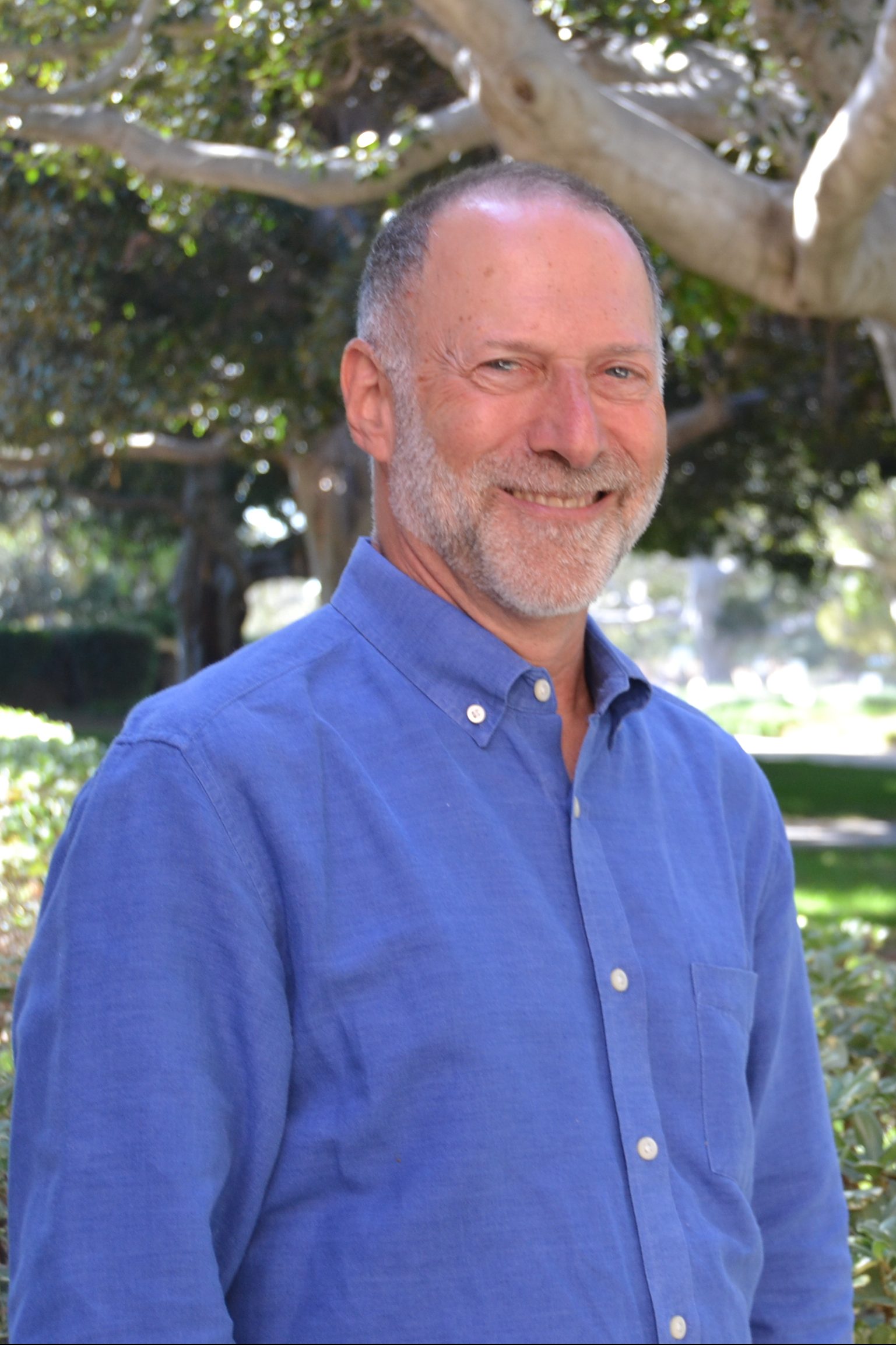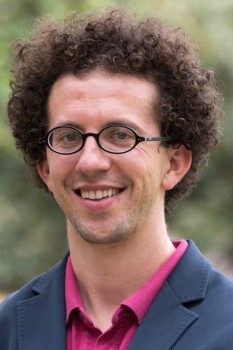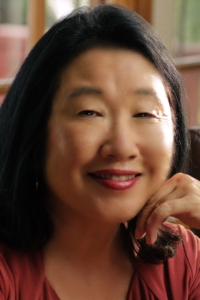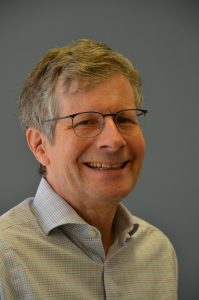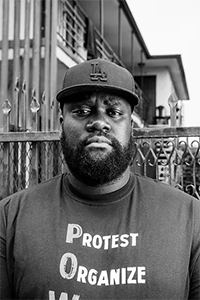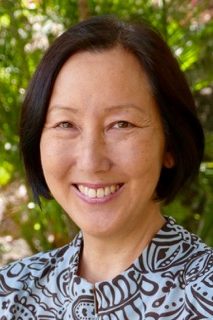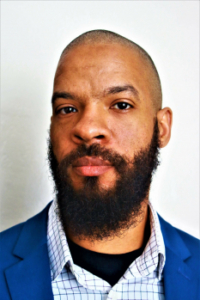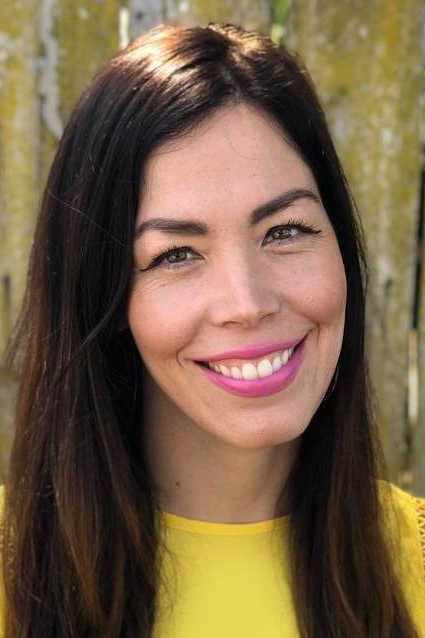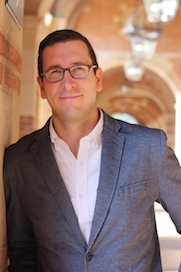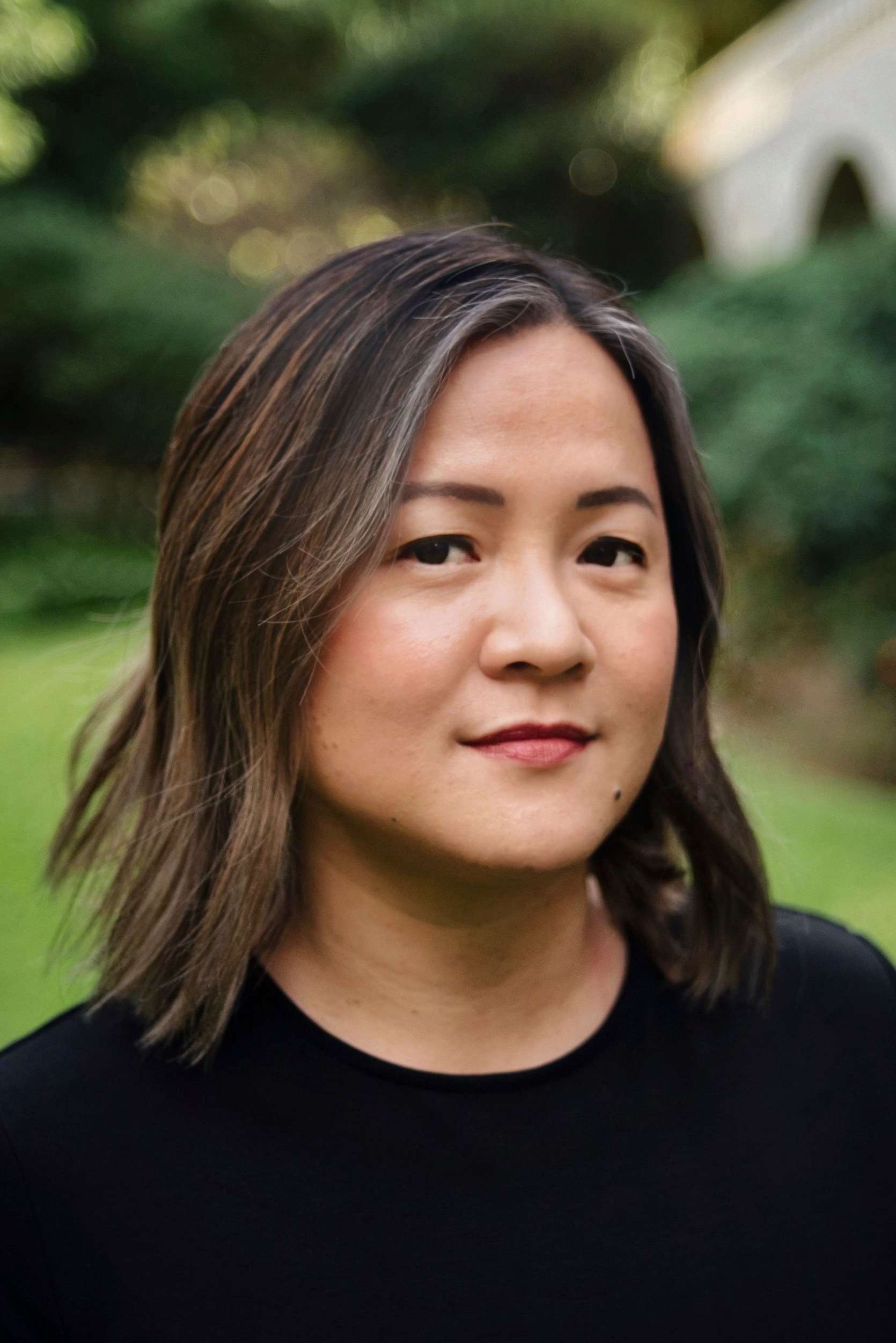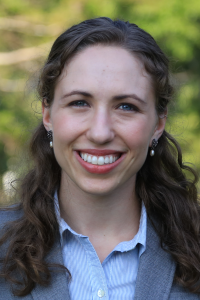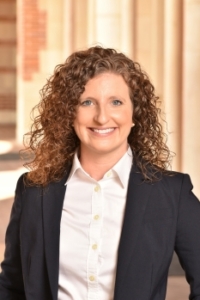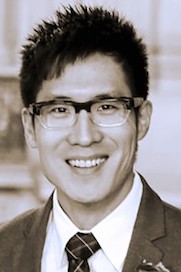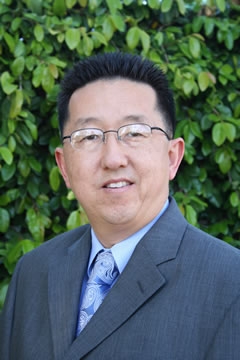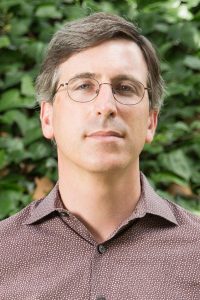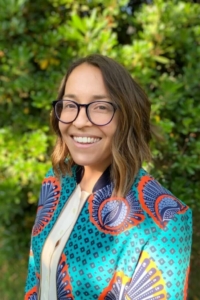MISSION
The UCLA Luskin Institute on Inequality and Democracy advances research and scholarship concerned with displacement and dispossession in Los Angeles and elsewhere in the world. Working in alliance with social movements and communities on the frontlines of struggle, the Institute seeks to abolish structures of inequality.
SCOPE & PURPOSE
In 1903, W.E.B. Du Bois wrote that “the function of the university is not simply to teach breadwinning, or to furnish teachers for the public schools, or to be a centre of polite society; it is, above all, to be the organ of that adjustment between real life and the growing knowledge of life, an adjustment which forms the secret of civilization.” For Du Bois, the problem of the 20th century was “the problem of the color-line.” It is knowledge of the color-line, and action against it, that formed his life’s work, both in the university and in the world.
Drawing inspiration from Du Bois and other Black radical and postcolonial thinkers, the UCLA Luskin Institute on Inequality and Democracy aims to understand and transform the divides and dispossessions, the color-lines, of the 21st century. At a time of unprecedented income inequality in the United States, we join the growing effort for rigorous analysis of the processes through which such inequality has been produced, that recognizes the corrosive effects of the warehousing of wealth and power on civic life, and that seeks to undo such inequality through new frameworks of redistribution and democratic politics.
In such work, we think across North and South. Instead of the United States as the intellectual pivot of our work, we forge lines of inquiry that take serious notice of the postcolonial world, notably democracies shaped by the claims and demands of poor majorities. Drawing on ideas and practices produced in the unequal cities of India, Brazil, and South Africa, we return to the North Atlantic to examine and dismantle economic austerity and entrenched segregation.
Our research, theory, and pedagogy are produced in the context of resurgent right-wing nationalism, both in the United States and in many other parts of the world. In the age of Trumpism, we have renewed our commitment to challenge white racial domination and build Black and Brown power.
The University of California is an especially propitious home for our institute. Like liberal democracy itself, the public university at once bears the promise of inclusion and manifests the persistence of exclusion. The public university has an intimate relationship with the “real life” of which Du Bois wrote, and we believe that this intimacy generates a responsibility for public affairs and an impulse to educate a next generation for whom citizenry is not an enclave of privilege but rather shared and collective existence amidst difference.
CORE TEAM
Ananya Roy
Founding Faculty Director
Email: ananya@luskin.ucla.edu
Hannah Appel
Associate Faculty Director
Email: happel@ucla.edu
Kian Goh
Associate Faculty Director
Email: kiangoh@ucla.edu
Marisa Lemorande
Deputy Director
Email: mlemorande@luskin.ucla.edu
Bio
Marisa Lemorande is Deputy Director of the UCLA Luskin Institute on Inequality and Democracy. Marisa brings to the Institute many years of experience working with nonprofit, community, and cultural organizations concerned with social justice. By building robust alliances and developing effective communications and fundraising strategies, Marisa has shown leadership and creativity in supporting activists, artists, and scholars, both in Los Angeles and elsewhere in California. A graduate of UCLA, Marisa has served as Program Manager of the UCLA Center for Culture and Health. In this capacity, she managed large federally funded projects, including one of the most diverse and successful programs the NIH has supported over a 25-year grant cycle. Prior to her work with the Institute, Marisa held the position of Director of Alumni Relations and Social Media for the UCLA Luskin School of Public Affairs. In this role, she implemented a dramatic expansion of the school’s alumni networks and led the most successful crowdfunding campaign in UCLA’s history. Marisa has worked at the Institute for more than 6 years with a sharp analysis of socio-spatial inequality and a passion for community outreach, public scholarship, and policy advocacy.
Kristy Lovich
Community Programs & Research Manager
Email: klovich@luskin.ucla.edu
Bio
Kristy Lovich is an artist and cultural organizer. Her practice takes aim at complicit institutions and networks of political power that effectively create, commodify, and criminalize homelessness and more broadly maintain the settler-colonial project through organized violence against the poor and dispossessed. Kristy holds a Bachelor of Fine Art from Art Center College of Design and a Master of Fine Art from University of California Irvine and currently serves as the Manager of Community Programs and Research with the UCLA Luskin Institute on Inequality and Democracy.
RESEARCHERS
Jennifer Blake
Researcher
Bio
Jennifer Blake is a homeless advocate who is passionate about helping others achieve self growth. Born in Ventura, she now resides in Los Angeles where she enjoys helping the houseless find available resources. When Jenn isn’t building opportunity and awareness, you can find her drawing.
Alex Ferrer
Graduate Student Researcher
Bio
Alexander Ferrer is a planner and researcher at Strategic Actions for a Just Economy, a tenant-advocacy organization in Los Angeles. He holds a Master’s degree in Urban and Regional Planning from UCLA and is currently a doctoral student in the Department of Geography at UCLA.
Terra Graziani
Researcher
Bio
Terra Graziani is a researcher and tenant organizer based in Brooklyn, New York whose work focuses on property and personhood. She helps run the Anti-Eviction Mapping Project (AEMP), a digital storytelling collective documenting dispossession and resistance in solidarity with gentrifying communities through research, oral history, and data work, and she founded the Los Angeles chapter. She is currently a doctoral student at CUNY Geography and teaches in Parsons Urban Ecologies Master’s program. Terra earned her Master’s in Urban and Regional Planning at UCLA and her Bachelor’s degree in Social and Cultural Geography at UC Berkeley.
Joel Montano
Data Analyst
Bio
Joel Montano graduated from UCLA’s MURP program in 2020, whose capstone project focused on predatory landlord behavior and evictions in Los Angeles. As a recipient of UCLA’s Luskin Leadership Internship Awards Program, he worked with Liberty Hill Foundation in the summer of 2019 to support the passage of a permanent rent control ordinance for Unincorporated Los Angeles County. Prior to UCLA, Joel worked as the Affordable Housing Tenant Outreach Organizer for eight and a half years with the Coalition for Economic Survival—a non-profit tenant’s rights organization based in Los Angeles. He organized with tenants residing in HUD Project-based Section-8 and rent control housing to empower and develop their leadership skills to fight back against poor habitability conditions, inadequate management services, and displacement.
Carla Orendorff
Researcher
Bio
Carla Orendorff is a community-based researcher and organizer from the San Fernando Valley of Los Angeles. She believes in the power of neighborhoods.
Annie Powers
Graduate Student Researcher
Bio
Annie Powers is an organizer and historian whose work focuses on the political struggles of poor and homeless communities. Annie is a PhD candidate in History whose dissertation examines the National Union of the Homeless, the first formation of unionized unhoused people in United States history. They are Research Coordinator with the UCLA Luskin Institute on Inequality and Democracy, and their work emphasizes archiving and collectively learning from organized encampment communities. Annie organizes with poor housed and unhoused tenants as a member of Union de Vecinos, the Eastside Local of the Los Angeles Tenants Union.
William Sens, Jr.
Researcher
Bio
Will Sens is an artist and a community organizer living in Los Angeles, California. He has spent six cumulative years living on the streets and has volunteered as an activist for Unhoused Tenants Against Carceral Housing, Street Watch LA, Echo Park Rising, Food Not Bombs, and Earth First.
FACULTY COLLECTIVE
Leisy J. Abrego
Chicana/o and Central American Studies
Randall Akee
Public Policy
Amada Armenta
Urban Planning
César J. Ayala
Sociology
Bryonn Bain
World Arts and Cultures/Dance & African American Studies
Gary L. Blasi
Law
Dana Cuff
cityLAB UCLA
Sharon Dolovich
Law
Caroline Ford
History
Dan Froot
World Arts and Cultures/Dance
Fanna Gamal
Law
Martin Gilens
Public Policy & Political Science & Social Welfare
Felipe Gonçalves
Economics
Akhil Gupta
Anthropology
Cheryl I. Harris
Law & African American Studies
Juan Herrera
Geography
Chris Herring
Sociology
Jasmine D. Hill
Public Policy & Sociology
Grace Kyungwon Hong
Gender Studies & Asian American Studies
Gaye Theresa Johnson
Chicana/o and Central American Studies & African American Studies
Kelly Kay
Geography
Robin D.G. Kelley
History
Vinay Lal
History
Helga Leitner
Geography
Michael C. Lens
Urban Planning & Public Policy
Anastasia Loukaitou-Sideris
Urban Planning
Michael Manville
Urban Planning
Kyle T. Mays
African American Studies & American Indian Studies & History
Cecilia Menjívar
Sociology
Paavo Monkkonen
Urban Planning & Public Policy
Victor Narro
UCLA Labor Center & Law
Paul Ong
Center for Neighborhood Knowledge
Tejas Parasher
Political Science
Sunita Patel
Law
Sherene H. Razack
Gender Studies
Amy Ritterbusch
Social Welfare
Peter Sellars
World Arts and Culture/Dance
Eric Sheppard
Geography
Daniel G. Solórzano
Education
Marike Splint
Theater, Film and Television
Shalom Staub
UCLA Center for Community Learning
Zachary C. Steinert-Threlkeld
Public Policy
Renee Tajima-Peña
Asian American Studies
Chris Tilly
Urban Planning
David C. Turner III
Social Welfare
Karen Umemoto
Asian American Studies & Urban Planning
Marques Vestal
Urban Planning
Tria Blu Wakpa
World Arts and Cultures/Dance
Edward T. Walker
Sociology
Lee Ann S. Wang
Asian American Studies
Emily Weisburst
Public Policy
Laura Wray-Lake
Social Welfare
Wesley Yin
Public Policy
David K. Yoo
Asian American Studies & History
Noah D. Zatz
Law
Leah Zeidler-Ordaz
Law
Maite Zubiaurre
European Languages and Transcultural Studies & Spanish and Portuguese
PHOTOGRAPHY
Images featured on this website have been generously provided by: Brittany Bravo, Steven Chun, Amanda Darouie, City of Vancouver Archives, Debt Collective, Filomena Cruz, Les Dunseith, Justin Gaar, Angela Garcia, Roberto Gudiño, La Hidra Cooperativa, Aaron Julian, Anthony Orendorff, Stan Paul, Right to Remain Collective, UCLA Library Special Collections, Taymaz Valley, Talesha Wilson
LAND ACKNOWLEDGEMENT
The UCLA Luskin Institute on Inequality and Democracy acknowledges the Gabrielino/Tongva peoples as the traditional land caretakers of Tovaangar (the Los Angeles basin and So. Channel Islands). As a land grant institution, we pay our respects to the Honuukvetam (Ancestors), ‘Ahiihirom (Elders) and ‘eyoohiinkem (our relatives/relations) past, present and emerging.
Click on the linked words to hear the pronunciation for the Tongva-language words.
